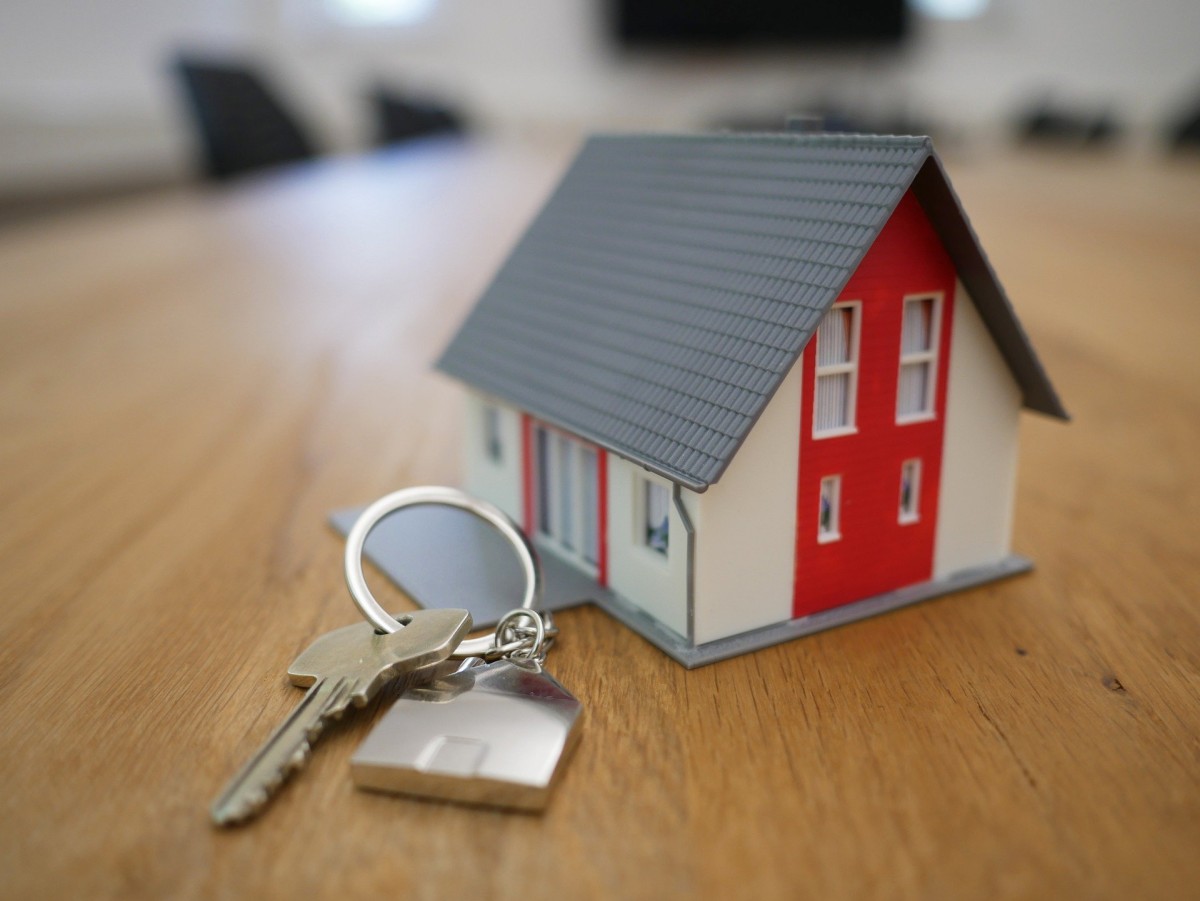
To buy or rent a house, that is the question? This is, undoubtedly, one of the biggest questions that many people face when it's time to move to Portugal. According to a study carried out by the real estate agency Remax, the purchase of a property in Portugal can bring about less financial effort for families than the option of renting and being a tenant, while monthly savings can reach 260 euros. Let's have a closer look at buying and renting property in Portugal and find out which is cheaper?
"Buying a home may not even reach 70% of the cost of renting it," the real estate agency said in a statement, adding that the decision to buy or rent "always depends on the situation of each person or household and the fact that in some areas of the country it is difficult to find homes for long-term rental. The calculation of the costs associated to buying a property is also complex in itself, due to factors that change over the years," the document reads.
Based on the latest data from the National Statistics Institute in Portugal (INE), Remax concludes that rentals corresponded to around 46% of sales, meaning that of every 100 homes sold, only 32 were rented. A scenario that "has been notorious in recent years, with the acquisition of homes by the Portuguese to the detriment of renting, with the purchase option gaining ground in relation to the total number of properties and in relation to the total number of rentals".
Of the total number of residential properties available and/or advertised in March by the estate agency, the majority (29,669/93.8%) were for sale, with only 1,957 properties (6.2%) on the rental market.
"Lisbon leads the way, representing 27.5% of the homes available for purchase at national level and also around two thirds of the total for rent, being the only district that has a significant proportion of rental options, i.e. for every 7 homes available, 1 is for rent. If we exclude Lisbon, the rental alternatives are even more scarce, with one in every 33 homes for rent", concludes Remax.
Is it cheaper to buy or rent in Portugal?
According to calculations made by the agency, a property in an urban building in Lisbon with monthly rent of 900 euros will cost the tenant, after 35 years, 378,000 euros, with the possibility of subtracting the amount of 17,570 euros, corresponding to tax benefits of 15% of the rents paid to be discounted in IRS (502 euros/year). In other words, the tenant would pay, after living there for 35 years, 360,430 euros for this property.
If the option was to buy the property, on the assumption that it would cost 195,000 euros, it would be "substantially cheaper than the rent", says Remax, explaining the accounts afterwards.
"Let's look at the case of taking out a mortgage for 35 years with 2 holders, financing 80% of the value of the house, with a spread of 1% and 6-month Euribor (-0.580%), to which are added the notarial costs (485.92 euros), the Municipal Transfer Tax (4,562.78 euros), stamp duty on the purchase (1,560 euros) and stamp duty on credit (936 euros). In other words, in the following years, besides the amortisation of the 156 thousand euros requested from the bank, with life insurance (4,329.50 euros), multi-risk residential insurance (1,241.10 euros), Municipal Property Tax (20,475 euros) and condominium fees (8,400 euros), the total to be paid would be 250,491 euros for the acquisition of this residential property. In short, the cost of buying a home may not even reach 70% of the cost of renting it, with a monthly saving of around 260 euros."
According to Beatriz Rubio, CEO of Remax, "for each option, buying or renting a house in Portugal, there are advantages, but when it comes to buying your own home there are benefits that stand out: the Euribor rates, which are at historic lows, as well as the current competition between banks for the lowest spread are just the beginning. It's true that renting is more expensive than buying, and as a house is a basic necessity, it can always be sold. Having a house is to have a capital reserve, which brings security and stability; it also allows flexibility of options such as changing the space, the rooms, the colours and even giving it another purpose, such as renting it out to others".